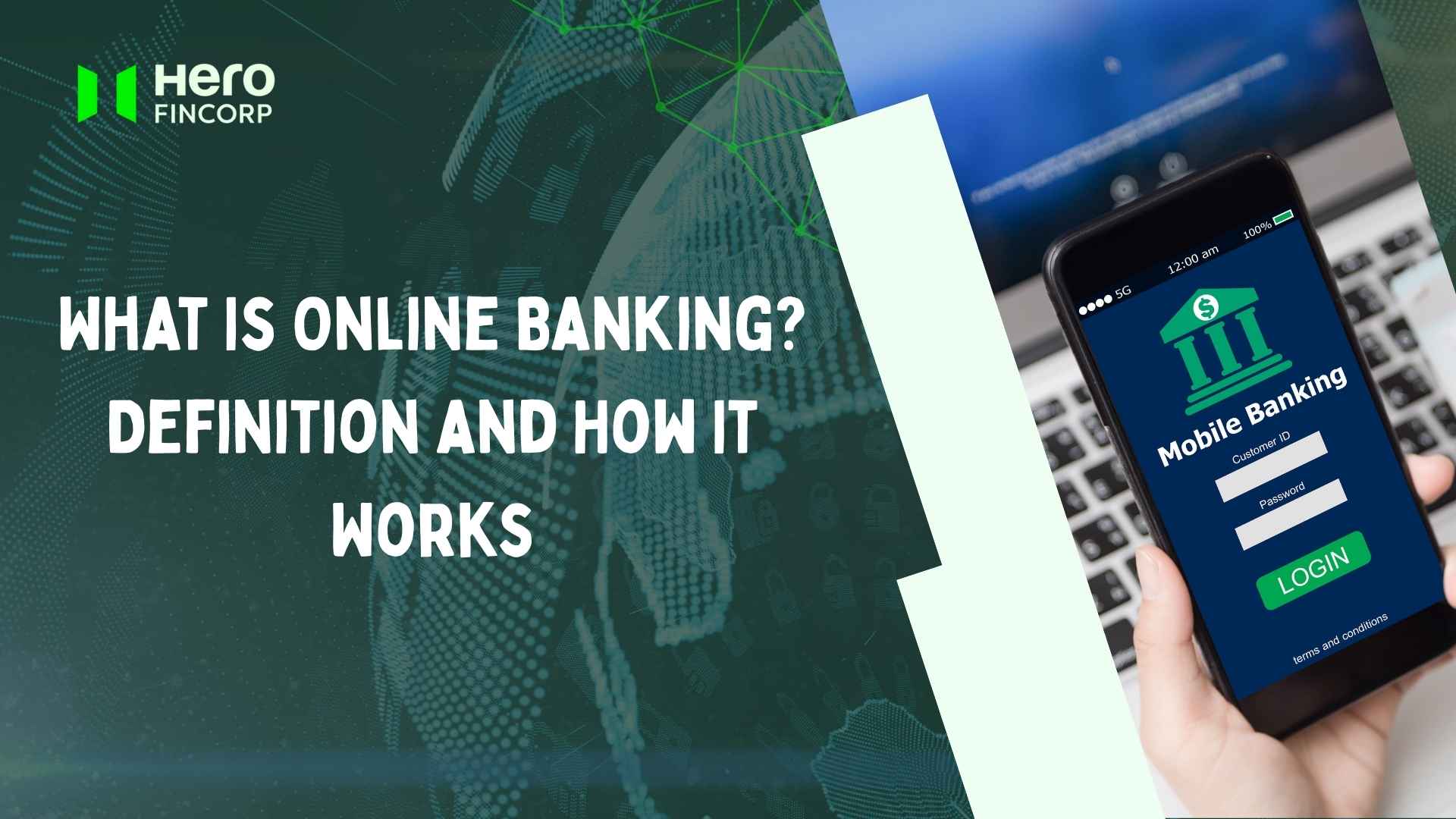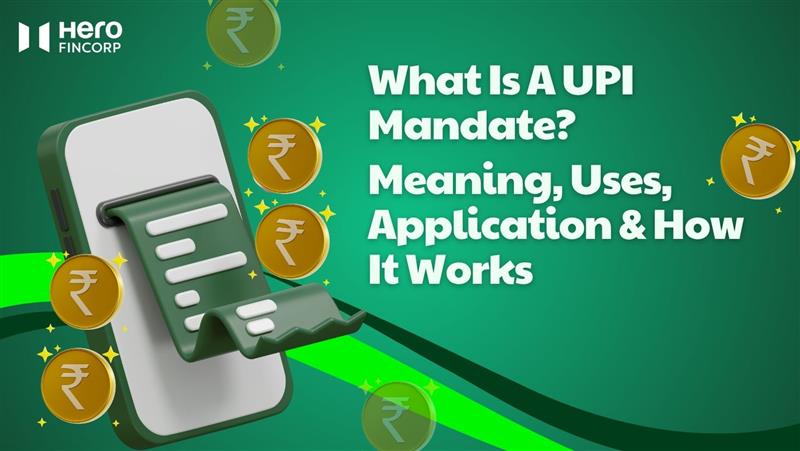Apply for loan on HIPL app available on Google PlayStore and App Store - Download Now
About Author
Tanuj Lalchandani is a Product Manager with more than 5 years of experience in digital product management, fintech, and business transformation. He specialises in building and scaling B2C platforms, leading cross-functional teams, and delivering customer-focused products that drive measurable business growth.
Blog By Author

Convenience is the top priority for customers in money management. And what's better than using your computer or smartphone to handle your finances?

Do you, despite setting up multiple reminders, always end up missing payment deadlines? EMIs and subscriptions are a way of life now, and if you add to this how hectic life is, the most common answer you'll get is 'yes.'

For any borrower, submitting a personal loan application marks the end of a process. But in reality, you’re merely passing on the baton to the lender. It’s the cue for a series of behind-the-scenes journeys. You have eligibility checks, KYC verification, loan approval workflows, and finally, disbursal. There’s a whole flurry of activity.

Every lawfully registered Indian company is given a unique Corporate Identification Number (CIN) by the governing body that oversees company establishment (the ROC), similar to how the Indian government issues Aadhaar cards for identification.

A personal loan can save the day when your plans go sideways or a sudden expense pops up. It’s quick, simple, and gets you the money when you need it most.

No one ever plans for a medical emergency. It just happens.
A sudden surgery, an ICU admission, or an unexpected diagnosis can turn your world upside down within hours. In those moments, arranging funds quickly becomes as urgent as getting the right treatment.

Did you know that of the ₹1,572 trillion in transactions made in the first half of 2025, ₹1,536 trillion, or 99.8%, were made using UPI? This shows how popular UPI has become among Indians, traversing both the urban and rural populations.

The month is over, all your bills are paid, your obligations are fulfilled, and your bank account is almost empty till the upcoming pay cheque.

Suyash is a college graduate. Two years ago, he took a loan to buy his first bike. But he couldn’t handle the high monthly EMIs. So, he took another loan to pay off the first one. However, the second loan also had high interest.
Before he could realise, he was trapped in a cycle of borrowing to pay off debts.
This is a classic example of a debt trap. What’s more terrifying? As per RBI’s data, 5-10% of India’s middle-class population is stuck in a similar situation.
